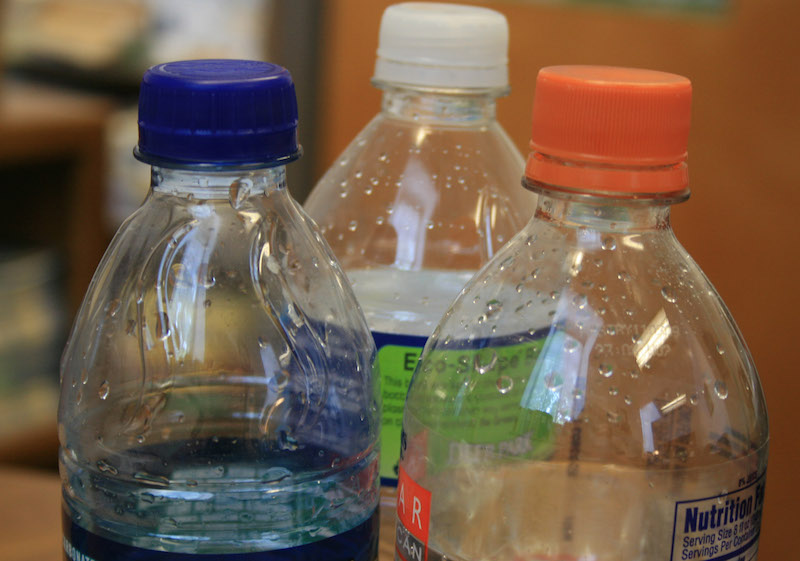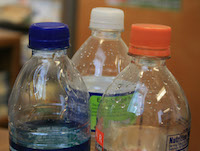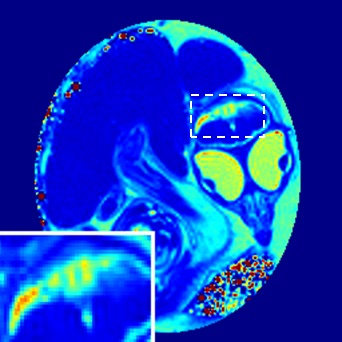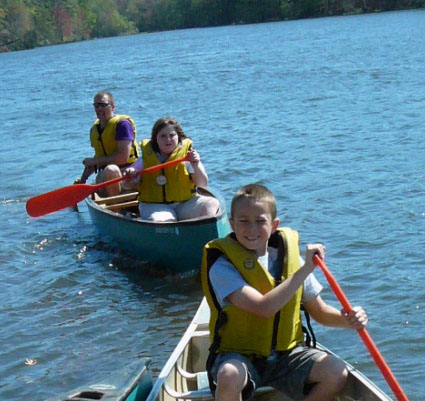Parents should use water, not sports and energy drinks, to rehydrate their thirsty children.
The American Academy of Pediatrics is coming out against the routine use of sports drinks and is encouraging a complete ban on energy drinks for children and teenagers, said Connie Crawley, a nutrition specialist with the University of Georgia Cooperative Extension.
Much more included
“Sports drinks are beverages designed to quickly replenish fluids, carbohydrates and electrolytes like sodium and potassium after vigorous and prolonged exercise,” she said. “In contrast, energy drinks contain stimulants like caffeine, guarana, taurine, ginseng, L-carnitine, creatinine and/or glucoronolactone that are supposed to enhance performance.”
Soft drinks have already been removed from many school vending machines and replaced with sports and energy drinks, she said. The APA believes young athletes can replenish their nutritional needs just through a healthy diet, not with these drinks.
“There is basically no need for added protein, carbohydrate, sodium and potassium if the child or teenager is eating regular, well-balanced meals throughout the day,” she said.
A sports drink may be helpful following an intense workout, Crawley said, but it should not be a routine beverage served with a meal.
Can cause dependency
The stimulants in energy drinks can cause sleeplessness, increased heart rate, high blood pressure, fluid loss, anxiety and heart arrhythmias. “Children and teens can also become dependent on these substances and may have withdrawal symptoms when they cut down [their intake],” she said.
Withdrawal symptoms include headache, fatigue, poor concentration, drowsiness, decreased alertness, flulike symptoms, withdrawal from friends and social interaction, irritability, depressed mood, muscle pain, stiffness and even nausea and vomiting.
“The stimulant guarana is a real concern since just one gram of guarana equals 40 milligrams of caffeine,” she said. “Often, parents have no idea how much stimulant their child is getting since many energy drinks do not list the total amount on the label.”
These drinks can also destroy enamel on teeth, especially if citric acid is an ingredient.
Crawley recommends offering your child water to quench his thirst.
“Water is the best fluid for rehydration and low-fat or non-fat milk is sufficient to meet amino acid and protein needs,” she said.








